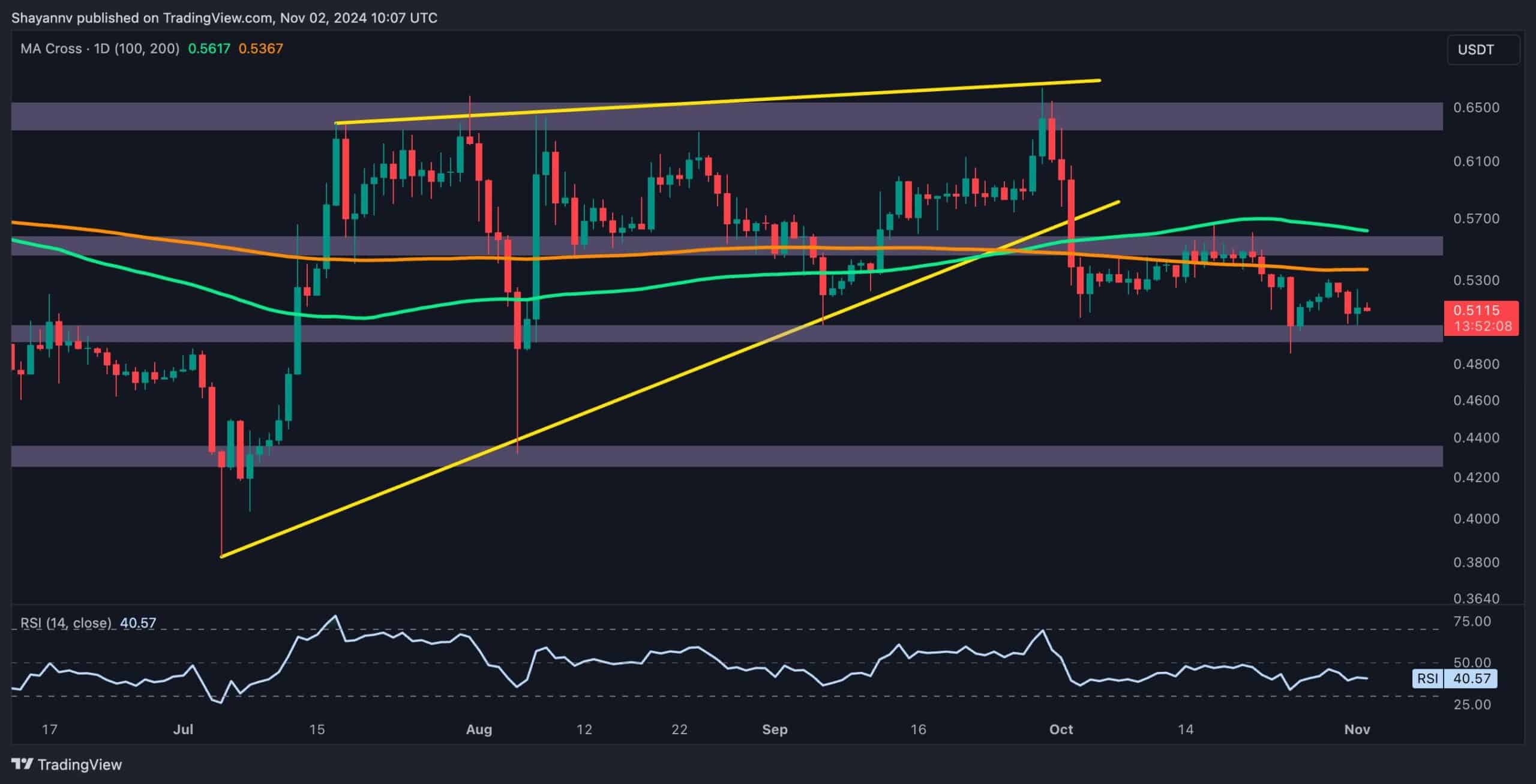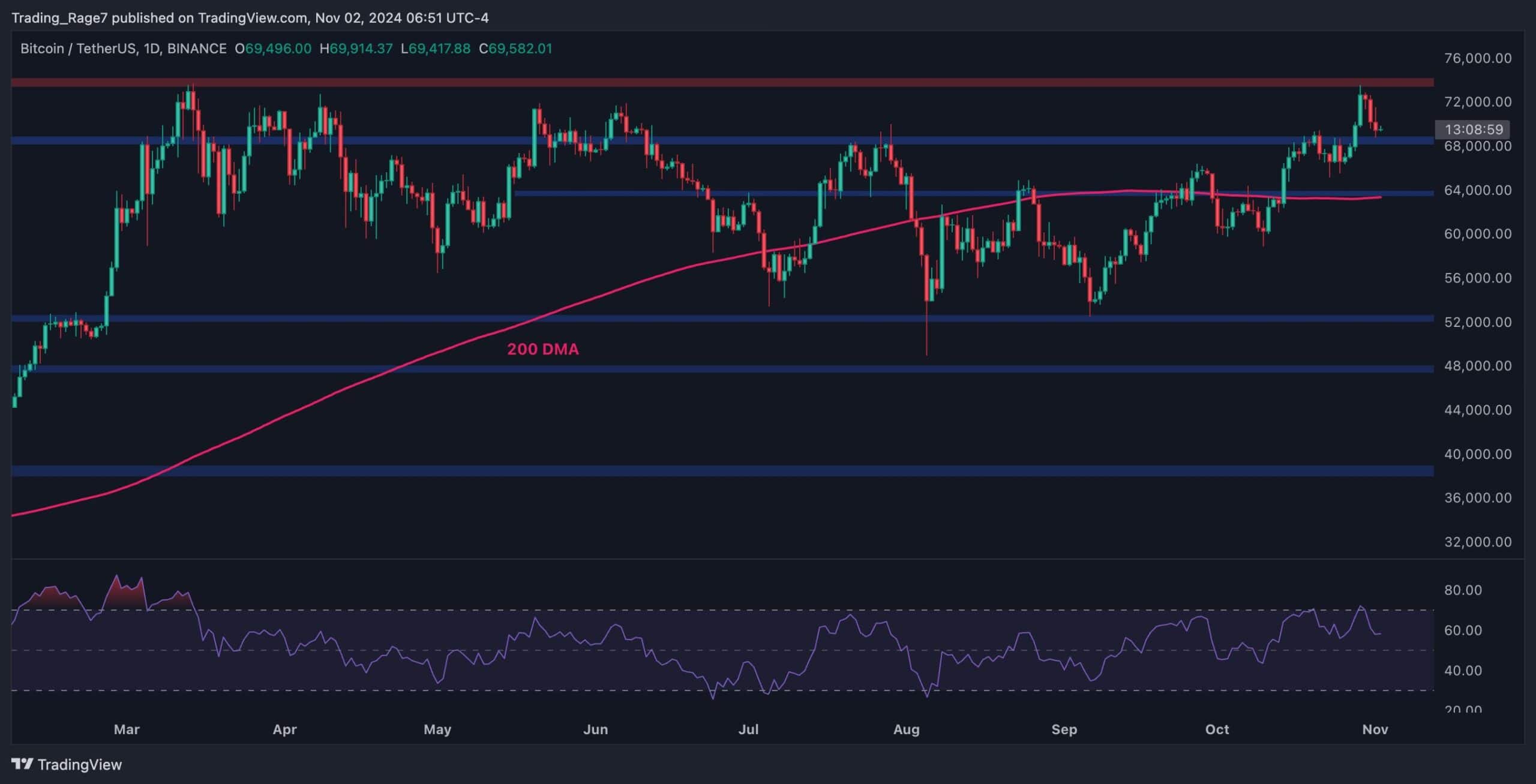TLDR
- xAI’s Colossus supercomputer in Memphis, using 100,000 Nvidia GPUs, is now the world’s largest AI training cluster
- The system is being used to train the third generation of Grok AI models
- Built in 122 days, with model training beginning 19 days after installation
- xAI plans to double capacity to 200,000 GPUs
- Nvidia’s Spectrum-X technology enables 95% throughput efficiency compared to traditional networks’ 60%
In a major development for artificial intelligence infrastructure, Nvidia announced Monday that its Spectrum-X networking technology is powering xAI’s Colossus supercomputer in Memphis, Tennessee, now recognized as the world’s largest AI training cluster.
The massive system, comprising 100,000 Nvidia Hopper GPUs, serves as the training foundation for the third generation of Grok, xAI’s language model suite that powers chatbot features for X Premium subscribers.
More notably, xAI completed the construction of this computing powerhouse in just 122 days.
The speed of deployment stands out as particularly remarkable in the supercomputing world. The system began training its first models a mere 19 days after installation, showcasing the technical capabilities of both xAI’s engineering team and Nvidia’s hardware integration.
At the heart of Colossus lies a unified Remote Direct Memory Access network, connecting the vast array of Hopper GPUs.
This weekend, the @xAI team brought our Colossus 100k H100 training cluster online. From start to finish, it was done in 122 days.
Colossus is the most powerful AI training system in the world. Moreover, it will double in size to 200k (50k H200s) in a few months.
Excellent…
— Elon Musk (@elonmusk) September 2, 2024
These specialized processors handle complex tasks by distributing workloads across multiple units and processing them in parallel, enabling faster and more efficient AI model training.
The implementation of Nvidia’s Spectrum-X technology marks a breakthrough in networking efficiency. While traditional Ethernet networks typically max out at 60% throughput and often struggle with congestion and packet loss, Spectrum-X achieves 95% throughput without compromising on latency.
This advancement proves crucial for AI training tasks, where massive amounts of data need to move quickly between processing units.
The architecture allows data to move directly between nodes, bypassing the operating system, which results in optimal performance for extensive AI training operations.
xAI’s ambitions extend beyond the current setup. The company has announced plans to double Colossus’s capacity to 200,000 GPUs, further cementing its position as a leading player in AI infrastructure.
This expansion aligns with the growing demands of training increasingly sophisticated AI models.
The Memphis location of Colossus represents a departure from the typical coastal concentration of tech infrastructure.
.@xAI's Colossus in Memphis, the world's largest AI supercomputer with 100,000 NVIDIA Hopper GPUs, achieves new heights with NVIDIA Spectrum-X Ethernet. A testament to NVIDIA's dedication to #AI progress.
Read more: https://t.co/NDSMpQKbGl pic.twitter.com/KpLpWg3Ao1
— NVIDIA (@nvidia) October 28, 2024
The choice of Tennessee for such a massive computing facility could signal a broader trend of tech companies seeking locations with advantages in power costs and physical space.
The practical impact of this computing power becomes clear when considering Grok’s training needs. The AI model must process enormous amounts of text, images, and data to improve its responses and capabilities.
The enhanced network efficiency provided by Spectrum-X directly translates to faster training times and more refined model outputs.
From a technical standpoint, Spectrum-X’s ability to maintain high throughput while minimizing latency addresses one of the key challenges in building large-scale AI systems.
The technology allows large numbers of GPUs to communicate more smoothly with one another, avoiding the bottlenecks that typically plague traditional networks when handling extensive data transfers.
The market response to Monday’s announcement remained subdued, with Nvidia’s stock showing a slight dip. The company’s shares traded at $141, maintaining its market capitalization at $3.45 trillion.
This muted reaction suggests that investors may have already priced in Nvidia’s growing role in AI infrastructure development.
The collaboration between xAI and Nvidia highlights the continued evolution of AI computing infrastructure.
As models grow more complex and demanding, the need for efficient, large-scale computing solutions becomes increasingly important. Colossus represents the current peak of what’s possible in AI training capabilities.
The speed of Colossus’s deployment and activation demonstrates the maturing of supercomputer installation processes.
The 122-day construction timeline, followed by just 19 days to begin model training, sets new benchmarks for large-scale AI infrastructure deployment.

 4 days ago
6
4 days ago
6






:quality(85):upscale()/2024/10/31/801/n/49351082/b84152bf6723c91b32cc73.86821940_.jpg)


 English (US) ·
English (US) ·